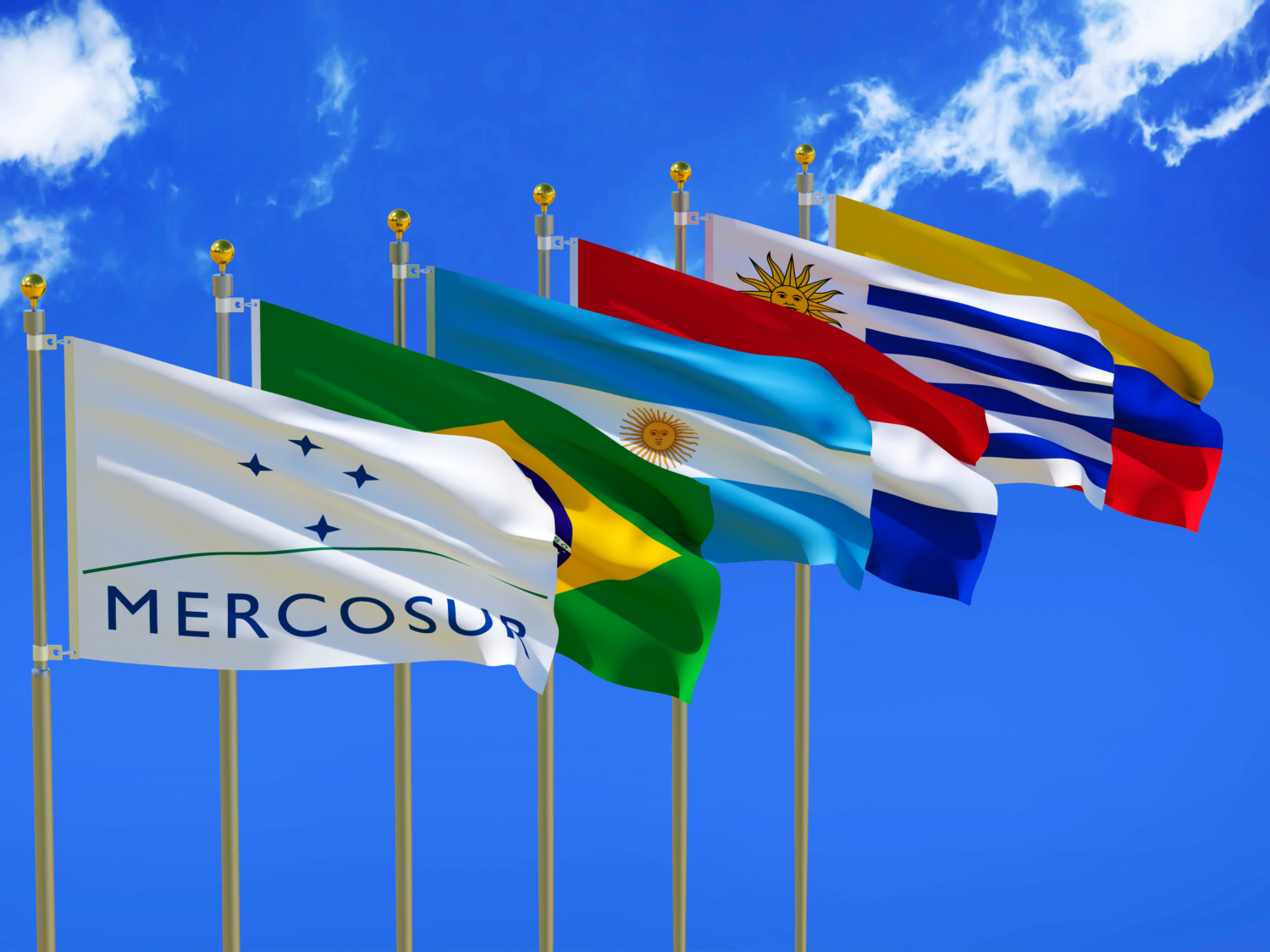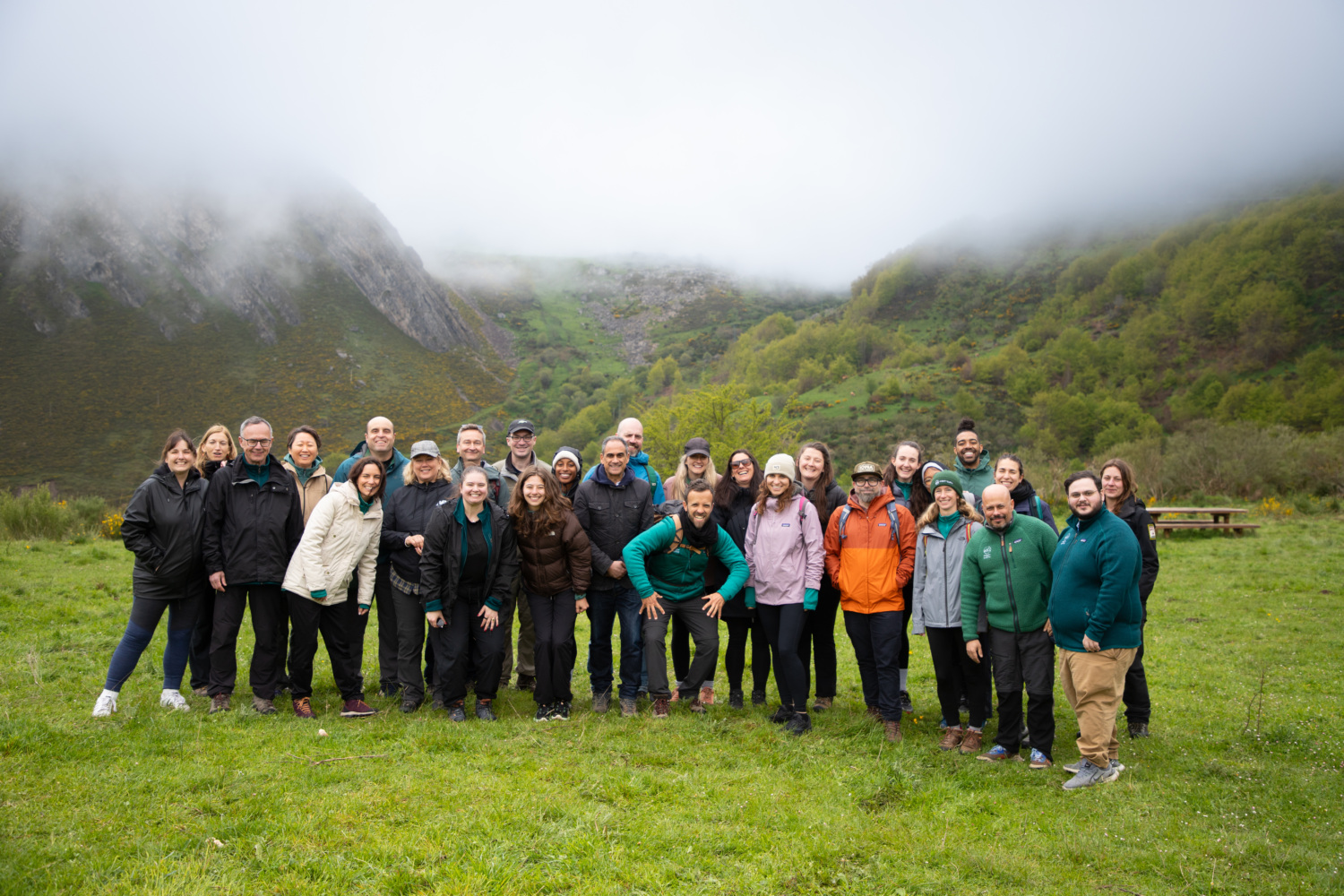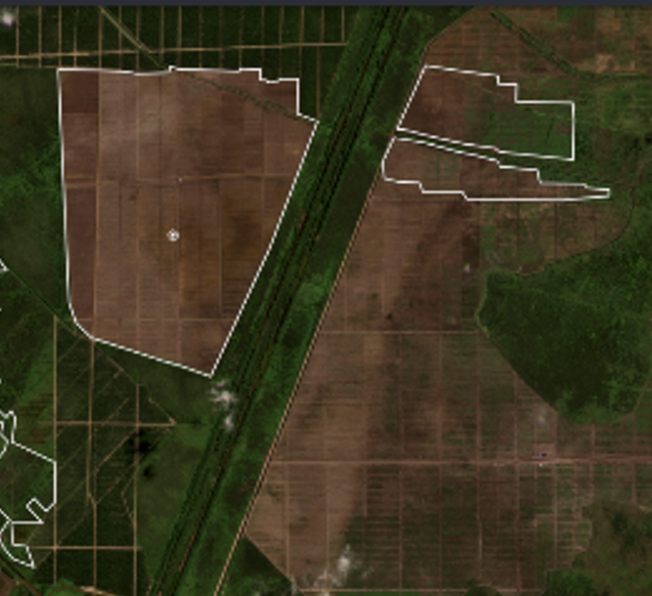
The Day Nature Took a Sigh of Relief
June 29, 2023 marks a significant milestone in the global movement for a safe and healthy
planet with the implementation of the European Union Deforestation Regulation (EUDR).

Environmental activists have long emphasized the importance of governments acting against the sale of goods linked to the destruction of valuable and rapidly disappearing ecosystems. Within EU countries, environmental groups have been particularly vocal in urging policy makers to ban the sale of agricultural products connected to deforestation and habitat destruction. After years of persistent advocacy, today, a momentous legal victory was achieved. The EUDR, now passed as law, compels companies to ensure that agricultural products sold in the EU have not contributed to deforestation and forest degradation. Below we explore the significance of the EUDR, what it should achieve, its challenges and limitations, and what steps need to be taken next.
Why is the Regulation Vital for the Planet?

Globally, agriculture is the number one driver of forest destruction, with three-quarters of deforestation being driven by agriculture. The clearance of land for beef, palm oil, and soy production accounts for a significant portion of this destruction, while cocoa, coffee, and natural rubber cultivation also contribute to widespread forest conversion. Most of these activities occur in tropical and sub-tropical regions, which are home to Indigenous communities and diverse and precious flora and fauna.
The destruction of tropical forests, and the biodiversity they shelter, is occurring at an alarming, and accelerating rate. Recent data from the World Resources Institute’s Global Forest Watch platform reveals that tropical regions lost 10% more primary rainforest in 2022 compared to 2021; amounting to 4.1 million hectares. To put it into perspective, this is equivalent of losing 11 football (soccer) fields of forest per minute. WRI goes on to note that this negative trend comes in the wake of a 2021 pledge signed by 145 heads of state in Glasgow at COP26, the UN Climate Change Conference to halt and reverse forest loss by the end of the decade, recognizing the important role of forests in combating climate change and biodiversity loss. Although such declarations can send important political and market signals, they alone lack substance, and only deliver impact when supported by concrete policy action, corporate action, and the allocation of financial resources to enforce forest protection.
In Europe’s case, the most effective policy action lies in addressing its role as a major importer of goods linked to deforestation. According to the European Parliament, the EU’s consumption of goods was responsible for 10% of all forests lost between 1990 and 2020. Although voluntary measures adopted by companies importing into the EU have had some success in reducing deforestation, significant progress can only be made by implementing a zero-tolerance regulatory approach to all imported deforestation. This approach would enable EU nations to fulfil their international commitments on forests.
What will the EUDR achieve?
The EUDR, now in effect, does not explicitly “ban” specific commodities or countries of origin. Instead, it requires companies to conduct due diligence to determine the origin of certain products and verify that they have not been produced on land deforested after December 2020 before selling them in the EU. Companies have 18 months from June 29, 2023, to become fully compliant. The original list of items covered under the initial legislative proposal by the European Commission included those derived from beef and cattle, cocoa, coffee, palm oil, soy, and wood. However, after pressure from civil society groups, this list was expanded to also include natural rubber, which has been a major driver of deforestation in Southeast Asia and parts of West Africa over the past two decades. Mighty Earth played a pivotal role in thisexpansion by obtaining and distributing crucial, new academic data on rubber’s impact on deforestation to key officials in the European Commission, national governments, and the European Parliament.
Coordinated CSO advocacy also managed to secure other important victories that improved the European Commission’s original proposal. For example, the draft law made no reference to the need for companies to conduct due diligence with regards to the rights of Indigenous communities, including with regards to the principle of Free, Prior and Informed Consent (FPIC). FPIC is an internationally recognised tool to ensure that any development in areas occupied by people with customary land rights cannot take place without their explicit consent. During the final negotiations, references to the need for companies to take account of the principle of FPIC were added to the law, as were risk mitigation provisions relating to the consultation of Indigenous people regarding claims to their land and territories.
The law also allows third parties affected by companies responsible for deforestation to make claims for access to justice in the EU; and creates penalties for breaches of the law including heavy fines, confiscation of products, ‘shame listing’ violators, and temporary bans on companies selling in the EU. If properly enforced and eventually strengthened, these measures should significantly reduce the EU’s global “forest footprint.”
Limitations and threats to the EUDR
While the implementation of the EUDR is a tremendous victory after years of civil society campaigning, the legislation faces several threats and contains some serious gaps. Key threats include:
• Potential under-resourcing of the competent authorities responsible for enforcing the regulation by EU member governments. Similar laws aimed at stopping illegal timber from entering the EU have seen variable success due to this issue.
• Many companies sourcing commodities from forested regions do not sufficiently understand their supply chains down to the individual farm level, as required by the EUDR. This is particularly true of companies sourcing products grown predominantly by small growers, such as cocoa, coffee and rubber.
• Related to the above, there is a risk that the cost burden on establishing traceability and deforestation-free cultivation could fall on resource-poor farmers already struggling to learn a living income for their products. The EU will need to quickly mobilise targeted support to smallholder farmers to ensure this does not happen.
• There is also the danger of a “two tier trade” system developing, where companies source a portion of their products from known deforestation-free sources, and segregate these for sale in the EU, whilst doing little or nothing to address the rest of their supply chains.
• Some governments from countries that export many of the commodities covered by the EUDR are unhappy with the new law, and are trying to undermine it, e.g. via regional free trade agreements.
In addition to these threats, the Regulation itself has several critical shortcomings:
• The EUDR strictly defines “forests” as areas with closed or nearly closed canopy tree cover. This means that other wooded landscapes, such as the threatened Cerrado savannah, the Pantanal, and Gran Chaco regions of Latin America – and the West
African woody savannahs – fall outside of the Regulation’s scope.
• This is a significant flaw since these regions have critical climate and biodiversity and often border areas of dense native forest. As a result of this regulation, destructive agricultural practices may simply shift from the forests to these other fragile
landscapes. Other vulnerable ecosystems, such as non-forest peatlands, grasslands and wetlands, are risk exploitation.
• In addition to the limited range of biomes covered, the EUDR also excluded other forest-risk agricultural commodities, such as banana, maize, and cashew (to name but a few). It also ignores the EU’s consumption footprint on forests linked to the import of non-agricultural commodities, notable minerals and metals used in industrial manufacturing, or for jewellery.
• While the final text of the EUDR includes language around Indigenous peoples’ rights and FPIC, the legal framing of this language is weak, simply requiring companies to consider these things in accordance with (often weak) national laws, as opposed to with regards to international standards.
• The law fails to place any due diligence obligations on the banks and financiers of agricultural commodity traders or food manufacturers, which would have helped to ensure that banks and financial institutions could also have been held accountable for bankrolling forest destruction.
What’s next for the EUDR?
For Mighty Earth and its partners, the battle to sever the link between EU consumption and the destruction of nature around the world is entering into a critical new phase. We’re continuing the fight by pushing governments to properly resource the relevant authorities to ensure the existing EUDR is given teeth. It is crucial that companies feel that the risks of not doing due diligence are far greater than the potential rewards; and that will only happen with stringent enforcement. At the same time, we are engaging with EU officials, companies, civil society partners, farmer networks and governments in countries where many of the commodities covered by the EUDR originate to ensure that sufficient and appropriately targeted support is provided to smallholder growers, so that they do not bear the brunt of the EU’s due diligence requirements. We are also working in multi-stakeholder fora such as the Global Platform for Sustainable Natural Rubber to promote supply chain traceability and transparency tools. Apart from making the existing legislation effective, we are also determined to push for its improvement. The European Commission has committed to reviewing the Regulation within two years of its implementation. This review will explore the possibility of expanding the scope of the law to other wooded ecosystems, and to cover additional agricultural commodities. We will therefore be providing evidence to the Commission, as well as engaging in widespread advocacy to governments and EU Parliamentarians, to push for much broader coverage of the Regulation. We will also be pushing for the inclusion of stronger, explicit references to international due diligence standards for Indigenous Rights, and for the extension of the law to the financial sector.
Looking further ahead, our ultimate ask is for the EUDR to cover all at-risk ecosystems, metals and minerals, as well as a broader range of agricultural commodities. And our fight does not stop at the borders of the European Union. We are waging similar
campaigns to strengthen provisions within the UK (via the 2021 Environment Act), and in the United States (via the Forest Act). So, while June 29, 2023, has given Nature a chance to catch its breath, the battle must continue in the near-, medium- and long term futures to ensure it can recover, heal, and thrive.


